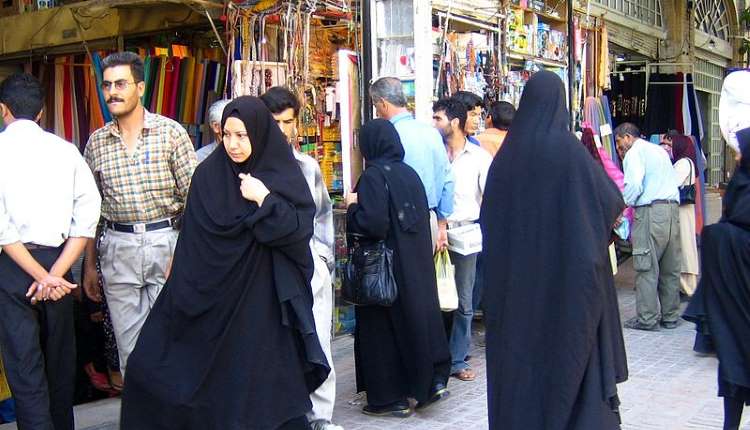Are Women Inferior to Men in Islam?
A few years ago I saw your programme on TV and have been thinking of approaching you for advice and opinion on questions that trouble me so often.
What does the Quran mean when it talks of a man being a level above a woman? In some cases, two women are taken to be equivalent to one man, as in the case of evidence and inheritance.
Why is rape not defined as being a violation of women and why is the proof so cumbersome? Why are women generally perceived in the context of their reproductive function? Throughout the Muslim world, Quranic verses are cited to declare women as subservient to men and objects of sex only. Why are they considered intellectually inferior, when, in my experience, they are able to perceive problems and arrive at solutions in a more rational and comprehensive manner than men?
Answer
Matters of faith should not be delayed. Your concerns would definitely trouble a rational being. Here is my humble attempt to answer them. The Quran only gives advantage to men over women in matters of divorce. A man is allowed to divorce his wife, whereas a woman can only seek it. This arrangement has been stipulated so that there is only one final decision maker in the institution of the family. In the absence of this clarification, confusion would prevail. No institution can function without a boss. However, the boss is not superior in every respect. He must possess an administrative superiority for very understandable reasons.
There is no difference between men and women with respect to weight of evidence. There are two or three Quranic verse which talk about witnesses without distinguishing between them. The one in al-Baqarah (282) states an era-specific situation when women weren’t familiar with financial matters. On the other hand, in a dispute where a husband accuses his wife of adultery, the latter’s evidence is given more weight. (24:6-9)
A son gets double the share of his father’s wealth, compared to a daughter. This is because on an average, a daughter lives only a part of her life with her parents. The reason the Quran mentions for this decision is the relative worldly usefulness of the issue. Otherwise, if a son or a daughter dies leaving behind parents, both mother (a woman) and father (a man) get one-sixth of her wealth each.
The Quran does not define rape because it is not a book of definitions. It doesn’t define zina either. It mentions God’s verdicts which believers are expected to understand intelligently. That there is a clear difference between zina and rape is obvious. Unfortunately it hasn’t been understood accurately by most scholars. The unreasonable law they have come up with has nothing to do with God’s message.
I agree that women and men are equal in intelligence. They excel in some areas while men do in others and both compete equally in some areas. Hazrat Aisha, who was a woman, is considered the most outstanding Islamic scholar by many. With my twenty five year teaching experience in various universities, I can vouch that reality as well. Islam does not say anything to counter this reality.
If reference is made to a woman’s reproductive function, it must be taken as an essential reality. However, that reality should be mentioned in a decent way, without compromising on a woman’s respect and dignity. It is this reproductive ability that gives her a status none other can match: that of a mother.

